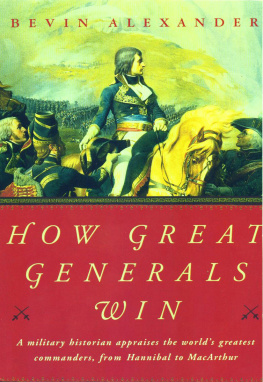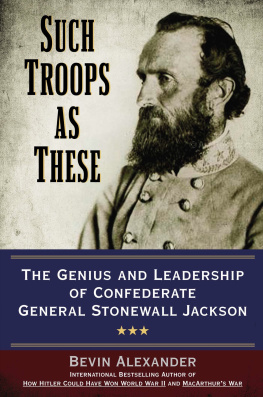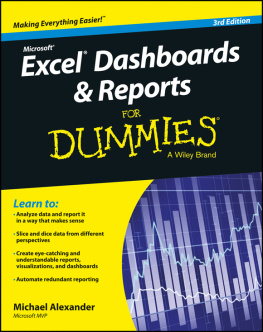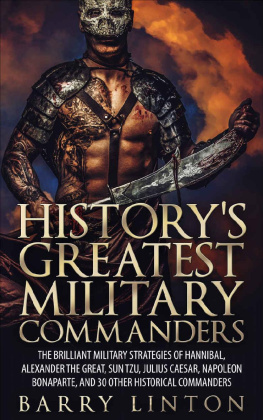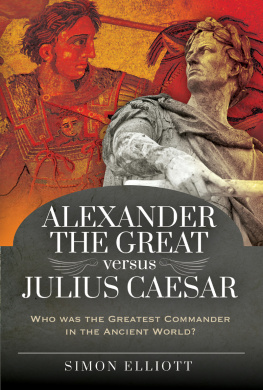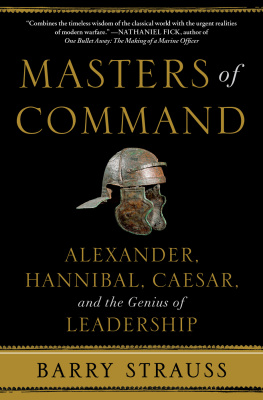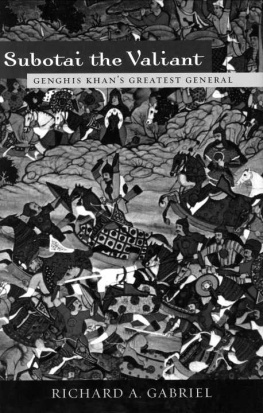Alexander - How great generals win: a military historian appraises the worlds greatest commanders, from Hannibal to MacArthur
Here you can read online Alexander - How great generals win: a military historian appraises the worlds greatest commanders, from Hannibal to MacArthur full text of the book (entire story) in english for free. Download pdf and epub, get meaning, cover and reviews about this ebook. City: London;New York, year: 1993;2003, publisher: W. W. Norton & Company, genre: History. Description of the work, (preface) as well as reviews are available. Best literature library LitArk.com created for fans of good reading and offers a wide selection of genres:
Romance novel
Science fiction
Adventure
Detective
Science
History
Home and family
Prose
Art
Politics
Computer
Non-fiction
Religion
Business
Children
Humor
Choose a favorite category and find really read worthwhile books. Enjoy immersion in the world of imagination, feel the emotions of the characters or learn something new for yourself, make an fascinating discovery.
How great generals win: a military historian appraises the worlds greatest commanders, from Hannibal to MacArthur: summary, description and annotation
We offer to read an annotation, description, summary or preface (depends on what the author of the book "How great generals win: a military historian appraises the worlds greatest commanders, from Hannibal to MacArthur" wrote himself). If you haven't found the necessary information about the book — write in the comments, we will try to find it.
An astute military historians appraisal of what separates the sheep from the wolves in the great game of war.Kirkus ReviewsIf a key to military victory is to get there first with the most, the true test of the great general is to decide where there isthe enemys Achilles heel. Here is a narrative account of decisive engagements that succeeded by brilliant strategy more than by direct force. The reader accompanies those who fought, from Roman legionaries and Mongol horsemen to Napoleonic soldiery, American Civil War Rebels and Yankees, World War I Tommies, Lawrence of Arabias bedouins, Chinese revolutionaries, British Desert Rats, Rommels Afrika Korps, and Douglas MacArthurs Inchon invaders. However varied their weapons, the soldiers of all these eras followed a commander who faced the same obstacles and demonstrated the strategic and tactical genius essential for victory. All warfare is based on deception, wrote Sun Tzu in The Art of War...
Alexander: author's other books
Who wrote How great generals win: a military historian appraises the worlds greatest commanders, from Hannibal to MacArthur? Find out the surname, the name of the author of the book and a list of all author's works by series.

